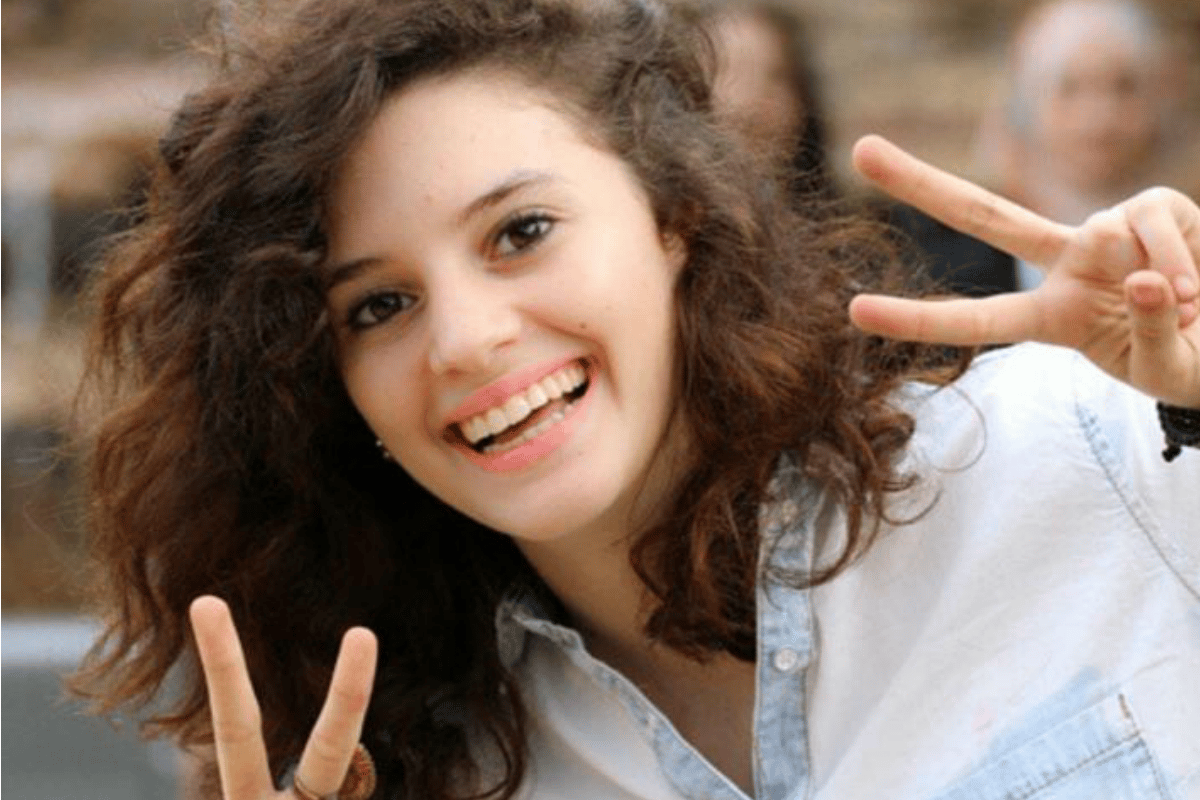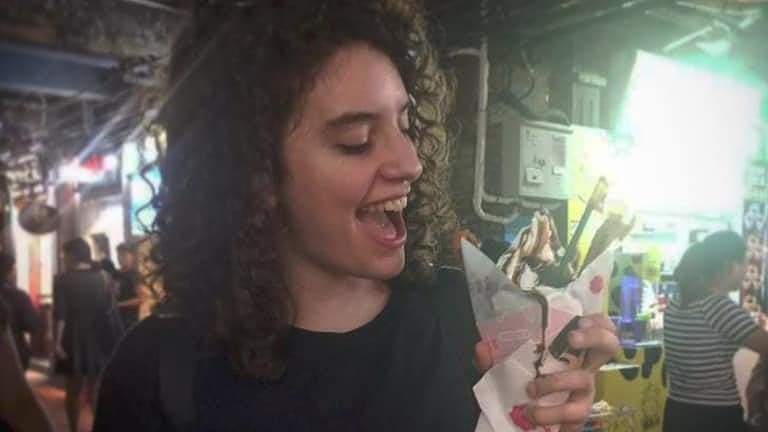
Amid the outpouring of grief over the death of Aya Maasarwe in Melbourne last week, people may have noticed some changes in the way she’s being described.
Although she was initially referred to as an Israeli or an Arab-Israeli, she’s now being referred to as a Palestinian Arab, or a Palestinian with Israeli citizenship.
Some might wonder whether these details are important in the face of such a terrible tragedy – the brutal death of a 21-year-old student living in Melbourne, a young woman with a beautiful smile, whose family have described her as “an angel, a diamond”.
But these details, we’ve learned, matter deeply to her family. They have requested that she be described as a Palestinian Arab, with her named spelled ‘Aya,’ to reflect her Palestinian identity.
We all want to be respectful of their wishes.


Top Comments
"Calling them Arabs is implying they could go and live anywhere else in the Arab world."
They can, and they have.
" Palestinians who are basically indigenous people to Palestine "
It is the Jewish People who are indigenous to the area, having lived there continuously for 4000 years. Before the region was re-named "Palestine" by the Roam conquerors, its was the homeland of the Jewish People - the Kingdom of Judea, and Samaria.
They both lived there. They cant go and just live any where in the Arab world as citizens of that country, just as most Australians of English background can't just go and live back in England without satisfying cettain criteria
If you could see how passionate Aiia was in referring to herself as an arab Palestinian on her instagram you'd want to get this right in the first place. It has nothing to do with any publication pushing their own agenda.
If a publication does not want to be accused of pushing an agenda, perhaps it shouldn't publish the political remarks of a known Palestinian advocate? Initially, I thought Bassam Dally was the family spokesman until I googled him and then wondered did he even know Aya and her family.
But why take that out on her family. She was brutally murdered and she and her family like to be referred to as Palastinian. Sure Dally is a political advocate who used this 'opportunity' it doesn't negate what her family wanted to be referred to as. Surely, in death we can respect this.
I agree that the family's wishes should be respected and they are not the ones who are politicising this, Bassam Dally is.